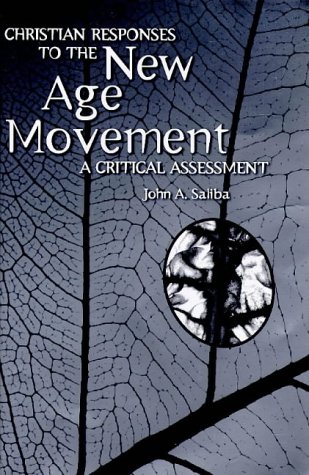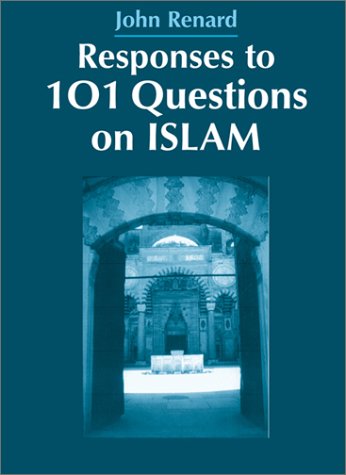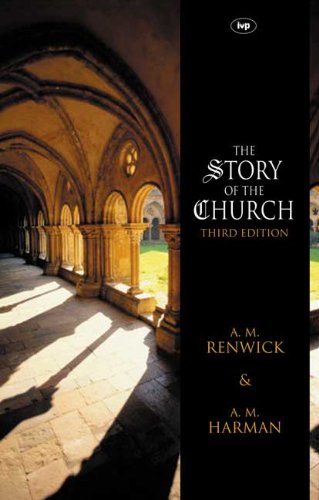It is in the nature of collections to be patchy, but it is rare that one finishes a batch of essays with such a sense of disappointment from having just watched the B-team play. There are a few noble exceptions. Gavin d’Costa well describes the failure of theology to heed the lessons drawn by Edward Said in his classic Orientalism. The author makes it clear that the ultimate meaningfulness of ‘other religions’ (itself a loaded term) will be resolvable beyond, eschatologically, rather than trying to trace the different religions back to a prehistoric core. Keith Ward charts the downfall of the Enlightenment Project with a critique of the Cartesian ‘world as a machine’ legacy and the Kantian presupposition that everyone plays by the rules (the world is just not like that), and of a liberal, cheap grace theology, but runs out of space to give any remedy, except for calling (intriguingly) for ‘a properly scientific narrative which could yet build purpose and value into objective reality’.
Less happy is the idea that postmodernity is created by a respectable philosophy (see King’s ‘Introduction’). For R. Gill it is ‘an intellectual credo which denies the existence of universal and trans-historical standards of truth and morality’. However the contributions by R.R. Ruether and A. Primavesi are lightweight. Stephen Batchelor ends his contribution by saying that Buddhism is nothing much like Postmodernism and it is certainly less cynical, while Cohn-Sherbook (on Israel), Prozesky (on S. Africa) and Northcott (on global economy and the UK) do not really provide much to do with Postmodernism, but rather statements on ‘the state we are in’, and somewhat journalistic at that. Martin Forward’s essay on Postmodernism and Islam merely has a few pages summarising Akhbar Ahmed’s eponymous book. In turn the editor attempts a captain’s innings with some discussion of how postmodern spirituality is postmodern just because it wishes to ‘pierce beyond history’. ‘The widespread interest in spirituality today is linked to the modern emphasis placed on the subject, on the discovery of the self and a more differentiated understanding of human psychology’ (99). Does this mean that ‘Postmodernism’ should be better called ‘late modernism’? How then is it prescriptive enough to be a philosophy rather than a mere sociological phenomenon?
Mark W. Elliott
Liverpool Hope University







